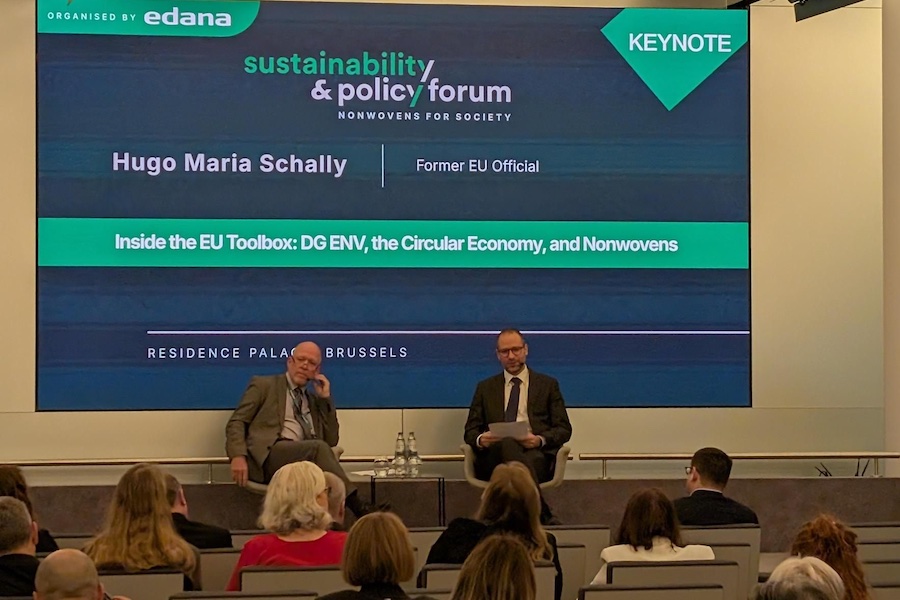#Sustainability
Cascale and Worldly publish analysis on California’s climate laws
This timely analysis provides critical insights for companies, especially in the consumer goods industry, as they navigate the increasing demands for transparency and environmental accountability. The paper offers a view into how Cascale’s Higg Index tools, exclusively available on Worldly, and the Product Impact Calculator can help businesses prepare for the regulations.
Why California’s climate laws matter
California’s climate laws represent a major shift in corporate environmental responsibility, going beyond current federal standards and establishing new benchmarks for GHG emissions reporting in the United States. As California leads the way, businesses across the U.S. must prepare for these changes, which could influence future national and global reporting requirements.
“These laws are a critical step forward for addressing climate impacts, not just for the U.S. but globally,” said Elisabeth von Reitzenstein, senior director of policy and public affairs at Cascale. “California’s Climate Accountability Package arrives at a pivotal time, as businesses worldwide face growing pressure to demonstrate their climate commitments. By requiring companies to disclose GHG emissions across their entire supply chain, California is setting a new benchmark for transparency and accountability. While global harmonization remains our ultimate goal, we acknowledge national and regional specifics to ensure progress. Strengthening enforcement at the national level, while drawing on established global standards and industry initiatives, will therefore be key to driving meaningful progress on combating climate change.”
The analysis breaks down the core components of the legislation. SB 253 applies to companies with over $1 billion in revenue and mandates disclosure of Scope 1, 2, and 3 GHG emissions, while SB 261 requires companies with at least $500 million in revenue to submit biennial climate risk assessments. These laws pose challenges for businesses with complex supply chains, such as those in the apparel, footwear, textiles, and wider consumer goods industries, as businesses must now track emissions data across their entire value chain. The report also explores the legal challenges to the laws and examines how the outcome of the U.S. Presidential election may impact broader climate regulations at the federal level.
The time to prepare Is now
With key deadlines for compliance quickly approaching, businesses must take proactive steps to prepare. Cascale and Worldly are committed to supporting companies in understanding and meeting new requirements through practical solutions, industry expertise, and strategic guidance. The Higg Product Tools, the Higg Facility Environmental Module (Higg FEM), and the Product Impact Calculator, exclusively available on Worldly, can help businesses prepare for the regulations as they understand where their supply chain emissions are coming from and identify opportunities for improvement.
“The California climate laws are part of the growing global pattern of holding businesses accountable for their environmental impacts,” said JR Siegel, VP of Sustainability at Worldly. “To understand their impact reduction opportunities and report Scope 3 emissions more accurately, businesses need primary data from across their entire supply chains.”
Download the full report
To support businesses in navigating these new regulations, Cascale and Worldly have made the full deep dive analysis available for download. This report details the Climate Accountability Package, including SB 253 and SB 261, and explores the impact of both laws on the apparel and footwear industry. It also offers guidance on how companies can begin preparing for these reporting requirements.
https://cascale.org/resources/publications/policy-deep-dive-californias-new-climate-accountability-package/













